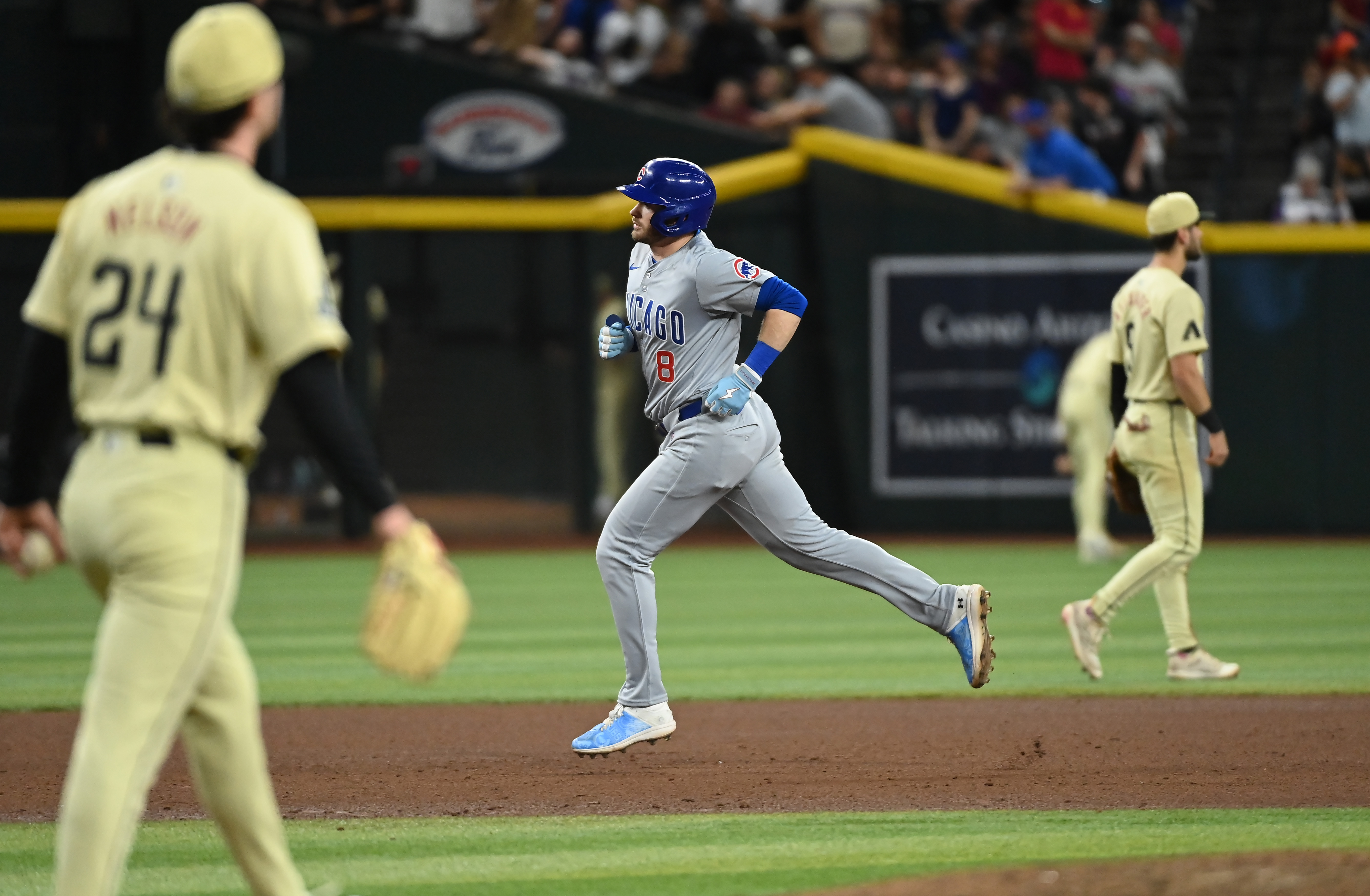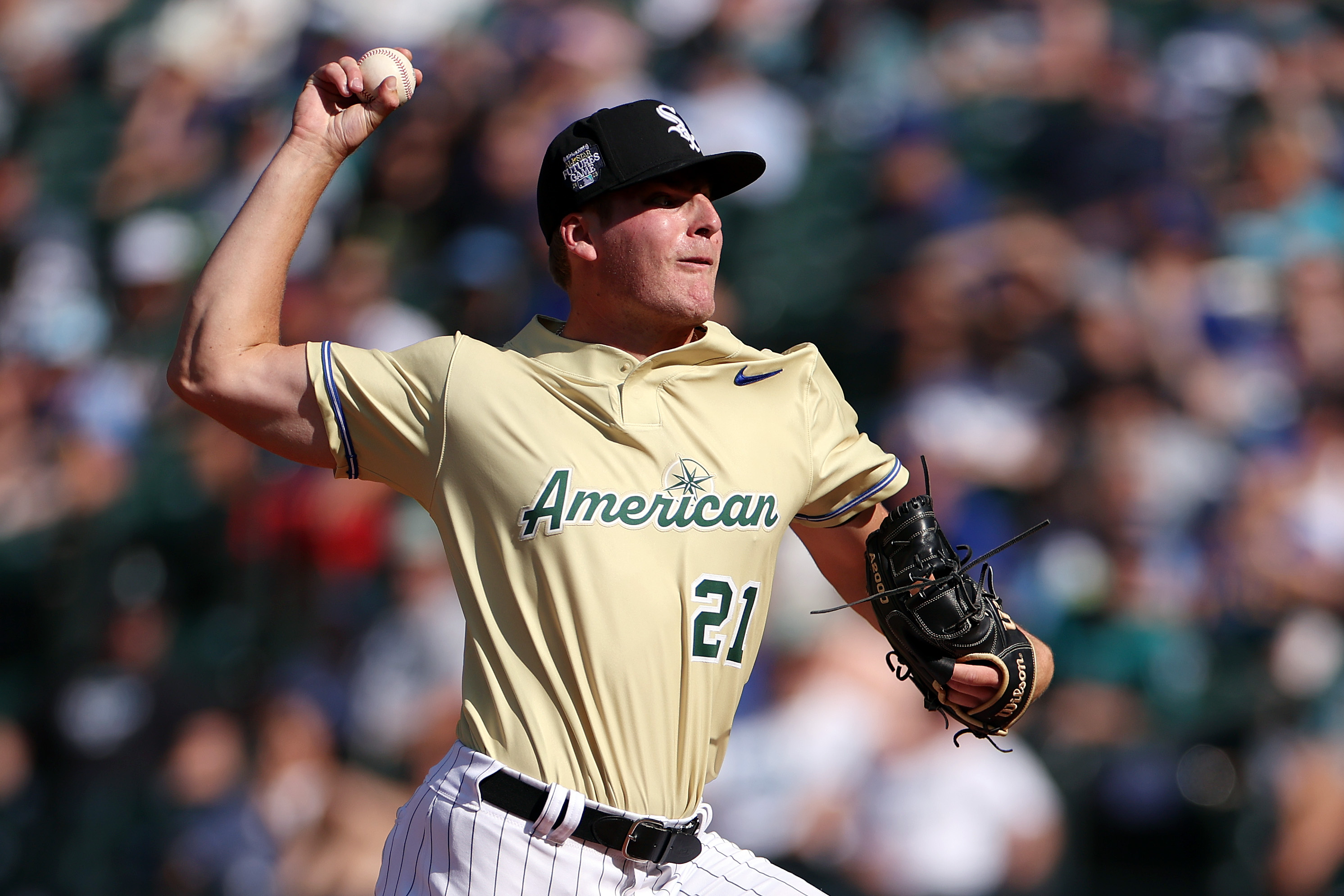Almost two weeks into the hottest start in the National League, the wildfire strength of COVID-19 has left the Cubs no closer than they were a month ago to knowing how they might be able to leverage the trade deadline in their favor.
And even if they could guarantee the full 60-game season is played, the harsh economic realities of the pandemic make it impossible to apply any traditional thinking to the process.
“It’s day-to-day, man,” said Cubs president Theo Epstein — who on Tuesday could not even be sure whether his team will be playing its scheduled weekend series in St. Louis against a team with 13 confirmed COVID-19 cases.
“We’re going to be impacted by how successful we are in pulling off a season as an industry, and we’ll be impacted by our ability to generate some revenue and our ability to control expenses,” said Epstein, historically one of the more aggressive executives at the deadline during his 17 previous seasons running baseball operations in Boston and Chicago.
Click to download the MyTeams App for the latest Cubs news and analysis.
In theory, the Cubs could be in better position than most clubs to choose to add at the Aug. 31 deadline, considering their economic heft within the industry. On the other hand, all teams are dealing with heavy financial losses during a 60-game season with no fans allowed in stadiums and no assurance the global pandemic will allow MLB to reach its $1 billion payday of postseason baseball in October.
The Marlins and Cardinals already experienced significant coronavirus outbreaks during the first week of play. Injuries seem to be on the rise after the long layoff and short ramp-up to the season. And the league-wide depth issues created by those factors and general stress on many bullpens have meant flurries of available players being signed by teams already — including former Cleveland closer Cody Allen by the Cubs on a minor-league deal last week.
MLB
MORE: Cubs sign former Indians closer Cody Allen to minor league deal
“I still think there will be trades,” Epstein said.
But will anybody be willing to take on even a relatively modest salary commitment short term — never mind a contract with years left on the deal — amid the unrelenting uncertainty of a pandemic that remains on the rise in several regions across the baseball landscape?
“It’s unlike any other time,” said Epstein — whose team, pre-pandemic, looked like a possible selloff candidate with a slow start, but that could instead be in the market for pitching a few weeks from now if the outbreaks have subsided.
But whatever the baseball calculus, flexibility and resources remain a dubious variable.
“Financially, given what our revenue projections were and what they’re going to be, it’s about trying to limit the damage as much as we can,” Epstein said. “I think everyone’s in that boat across the industry.
“It’s not complaining,” he added. “In the real world, people are trying to do that so they can put food on the table. So no one’s complaining about it. But there’s so much uncertainty.“


